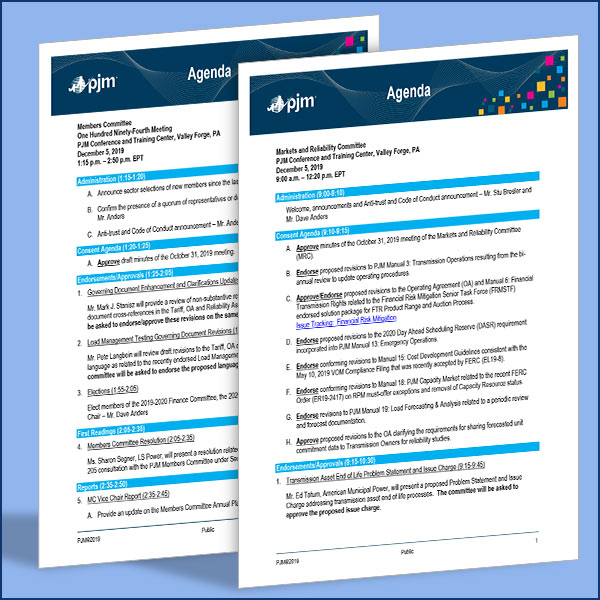By Christen Smith
The Ohio Supreme Court last week rejected FirstEnergy Solutions’ attempt to block a referendum to repeal $150 million in subsidies for its two nuclear plants.
Four of the court’s seven judges dismissed FES’ lawsuit, citing a “lack of justifiable controversy.” While the court documents offer no further elaboration, the referendum effort against FES’ plant subsidies failed in October, and its future — including whether petitioners will get extra time to gather the necessary signatures for inclusion on the November ballot — pends before the same court.
“The decision by the Ohio Supreme Court is a victory for Ohio’s electric customers and recognizes the attempted referendum on HB 6 is over,” Tom Becker, an FES spokesperson, said in email to RTO Insider on Monday. “Those opposed to the bill were unable to gather the requisite number of signatures to initiate a referendum; therefore there is no longer a need for the court to rule on the case.”
Ohioans Against Corporate Bailouts began a campaign against Ohio’s House Bill 6 the same day Gov. Mike DeWine signed the legislation in July. In October, however, the group said it fell nearly 45,000 signatures short of the count necessary for the referendum’s inclusion on the 2020 ballot.
In its lawsuit, FES argued the new ratepayer fees collected for its nuclear plants — ranging from 80 cents to $2,400/month — are equal to a tax, making the underlying legislation ineligible for the petition that the group was circulating for a ballot referendum. The lawsuit named both the group and Secretary of State Frank LaRose, the state’s chief election official, as defendants. (See FirstEnergy Challenges Nuke Vote in Ohio Supreme Court.)
Gene Pierce, spokesperson for Ohioans Against Corporate Bailouts, had a different interpretation of the last week’s ruling.
“The Ohio Supreme Court decision correctly rejected FirstEnergy Solutions’ argument that HB 6’s billion-dollar bailout is not subject to referendum, one of many desperate and greedy FES maneuvers trying to deny Ohioans’ right to vote on bad legislation,” Pierce told RTO Insider in an email. “The argument was ridiculed from the first time it was aired in public, and this legal proceeding was a waste of the Ohio Supreme Court’s time and taxpayers’ money.”
Pierce’s group had asked a federal court to issue a preliminary injunction against HB 6, claiming 38 days of its 90-day allowance to collect signatures were wasted in a “blackout period” during which it sought the attorney general’s approval of the petition’s language before circulation could begin. The suit, filed in the U.S. District Court for the Southern District of Ohio in October, also alleged a well-funded opposition used illicit tactics to undermine its effort.
But Judge Edmund A. Sargus Jr. denied the group’s request later that same month, saying only the state Supreme Court can determine whether state law thwarted the group’s ballot petition — a review the panel has not yet indicated whether it will undertake. (See Federal Court Denies Nuke Petition Extension.) Attorneys for the group appealed Sargus’ ruling Nov. 22.




